State Formation, Agrarian Growth and Social Change in Feudal South India, C. AD 600-1200
Contents: Introduction. I. The growth of a feudal polity: 1. Towards a system of private government. 2. The gradations of rank and power. II. Agrarian expansion and market development: 3. The nuclei of agrarian growth. 4. Private farms and servile labour. 5. The technique of agriculture. 6. Increase in crop production. 7. The growth of a market economy. III. Social conflicts and subcaste formation: 8. From collaboration to conflict. 9. Formation of Brahmana subcastes. 10. The proliferation of professional castes. 11. Deprivation of artisans. 12. Women in the feudal milieu. Bibliography. Index.
"A feudal phase in early India's social development is a historical reality. But the social, political or economic institutions which characterised a feudal system may not have surfaced in every part of the country. This necessitates a shift in emphasis from a simplistic pan-Indian model to intensive regional studies. For this purpose the present work refers to certain contiguous areas of Andhra Pradesh and Karnataka which furnish quantifiable data on feudal development. The study takes particular care to underline the dynamic of feudal growth, the compulsions underlying it and social mutations resulting from it. Accordingly, the book underlines a preparatory phase (seventh-eighth centuries) marking the networking of fiets and service tenements followed by an incubation time (ninth-tenth centuries) characterised by growing demands of surplus and the resulting extension of the arable, new drainage technique and increase in crop production. The final breakthrough stage (eleventh-twelfth centuries) was signified by the reappearance of markets, minted money and urban centres. While the incubation process was helped by a collaborative ideology of obedience and protection, the final phase witnessed violent conflicts between the same classes of erstwhile collaborators following overlapping claims for social goods and empowerment in a market friendly economy." [Ramendra Nath Nandi teaches History of Patna University. His books include Religious Institutions and Cults in the Deccan, Social Roots of Religion in Ancient India and Aryans Revisited.]
Get it now and save 10%
BECOME A MEMBER

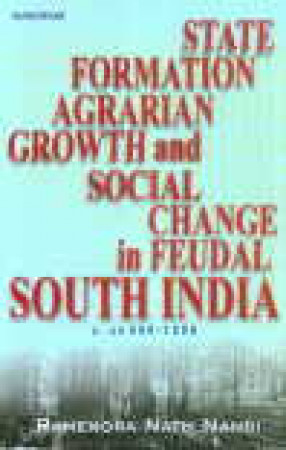

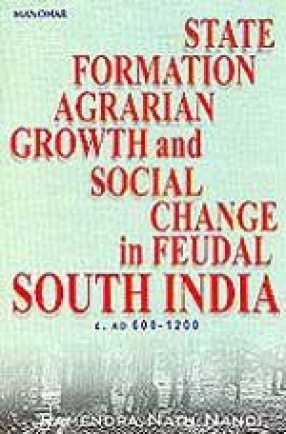
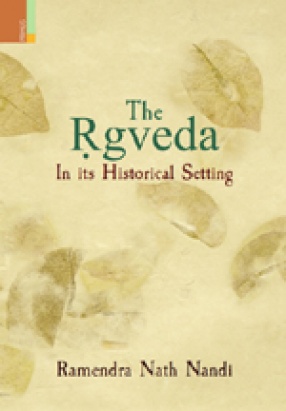
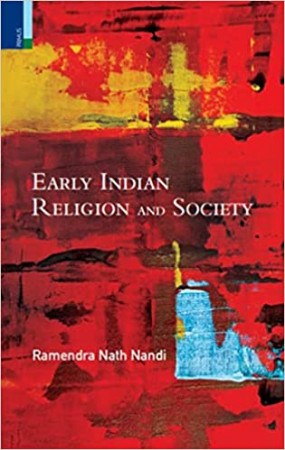
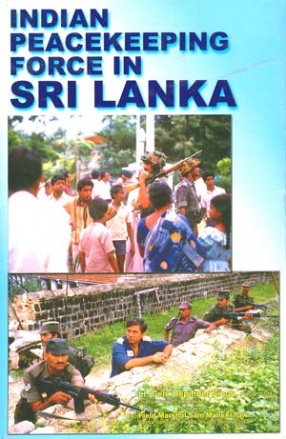




Bibliographic information